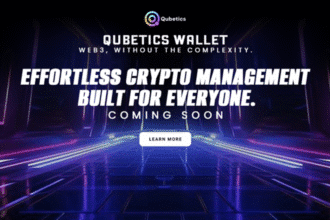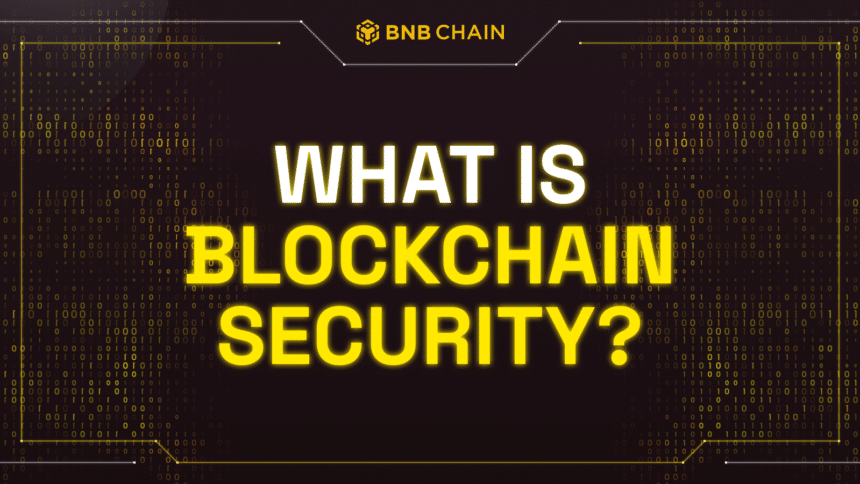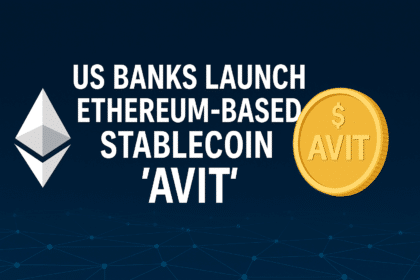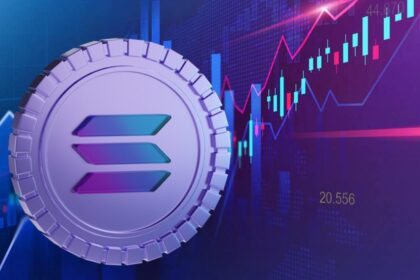Leading blockchain network, BNB Chain is about to launch a major upgrade that will improve security and operational efficiency. The BNB ecosystem has taken a significant step forward with its latest development, BEP-341. The network’s commitment to community involvement and success is evident. Public voting on the idea moves Binance BNB Chain towards decentralised governance. It gives stakeholders a say in the blockchain’s future.
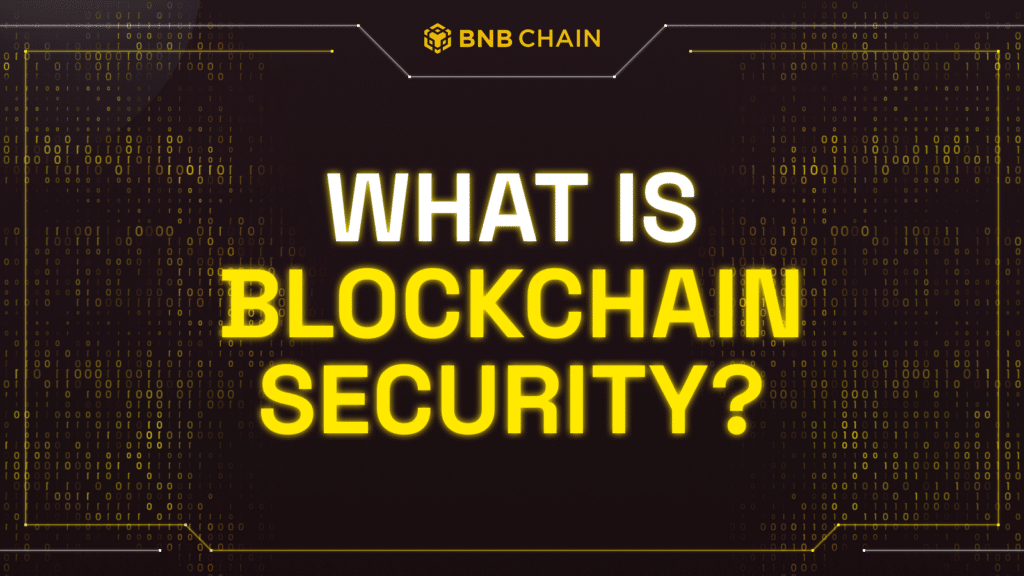
BNB Chain hopes to maintain its leadership in decentralised applications and digital asset transfers using BEP-341. Simultaneously, it also addresses important areas of blockchain functionality. The network’s performance will be optimised and its resilience to security attacks will be strengthened. This could result in faster transaction speeds and decreased costs. The public vote on BEP-341 might establish a new benchmark for blockchain governance and technical progress in the sector.
Binance BNB Chain Opens Voting for Crucial Protocol Update BEP-341
The world’s largest smart contract blockchain, part of the community-driven blockchain ecosystem is the Binance BNB Chain. It has extended an invitation to community members and stakeholders to take part in the vote process for BEP-341: Validators Can Produce Consecutive Blocks. With this chance, individuals can influence the blockchain’s trajectory directly. Users must visit Snapshot Voting to vote until July 23, 2024. With the vote session ending on July 23, 2024, stakeholders will have much time to weigh in.
Remember that only holders who staked their BNB through a delegate can vote. Those who haven’t staked their BNB yet can qualify by entrusting BNB Validators with their BNB. It is clear that the Binance BNB Chain is dedicated to community-driven governance because of this inclusive decision-making process. To make sure the blockchain is always evolving to meet the demands of its users, it lets stakeholders vote on major protocol modifications.
Participation of the Community and BEP-341 Governance
BEP-341 has a strong emphasis on civic engagement and governance. Any modifications to the Anti-MEV ratio and subsequent block characteristics will need to be approved by community-driven governance. This strategy guarantees BNB delegators a direct voice in these important choices. Participation in this crucial vote is urged from all stakeholders and community members in order to support the ongoing growth and improvement of the BSC ecosystem.
BEP-341 Overview
Two key parameters are introduced in BEP-341 in order to meet the changing needs of the BSC ecosystem:
- Consecutive Blocks: Moving away from the present fixed rotation approach, the Consecutive Blocks option enables BSC validators to output blocks sequentially for a succession of n slots. Transactions per second (TPS) are predicted to rise dramatically as a result of this modification.
- Reducing MEV Abuse: The plan modifies how transaction fees are allocated to the SystemRewardContract. By making Maximal Extractable Value (MEV) misuse more expensive, this modification seeks to guarantee more equitable income allocation and prompt transaction processing.

Binance BNB Chain to Increase Blockchain Security and Efficiency to Allow Public Voting on BEP-341
BNB Chain Overview
Web3 adoption is being facilitated by the community-driven blockchain ecosystem known as Binance BNB Chain. It consists of:
- BNB Smart Chain/ Binance Smart Chain: The ecosystem’s governance chain is the BNB Smart Chain (BSC), a secure DeFi hub with the lowest gas prices of any L1 that is compatible with EVMs.
- opBNB: A scalable L2 with quick processing speeds and the lowest gas expenses of any L2.
- BNB Greenfield: Allows users to create their own data markets and satisfies the ecosystem’s decentralised storage demands.
Red Alert offers a real-time risk-scanner for Dapps, while the AvengerDAO community sets a high standard for security by defending Binance BNB Chain users. As part of its Builder Support Program, the ecosystem also provides a variety of in-kind and monetary prizes.
Implications and Future Outlook
A major step forward in the Binance BNB Chain’s history has been the launch of BEP-341 and the public voting procedure. The blockchain has the potential to provide greater efficiency and security. It can achieve this by enabling validators to generate successive blocks and by reducing the abuse of MEVs. Additionally, blockchain ecosystems will follow the example of community-driven governance in terms of decentralised decision-making. This approach ensures that the blockchain is built to meet user needs and improve transparency.
The cryptocurrency community is keeping a close eye on the counting down the days till the vote deadline. New benchmarks for blockchain governance and technical progress could be established by the result of this vote. It further emphasises the rising tide of decentralised finance and blockchain-based decision-making that is more inclusive and democratic.
To sum up, the Binance BNB Chain is leading the way in blockchain ecosystem evolution with its BEP-341 program. It would improve blockchain security and efficiency and its dedication to community-driven governance. The outcome of this vote may have far-reaching consequences for the future of the BNB Chain. By extension, it would impact governance models in the blockchain industry as a whole.Stay tuned as The BIT Journal offers up-to-date details on the happenings in the cryptocurrency sector.


